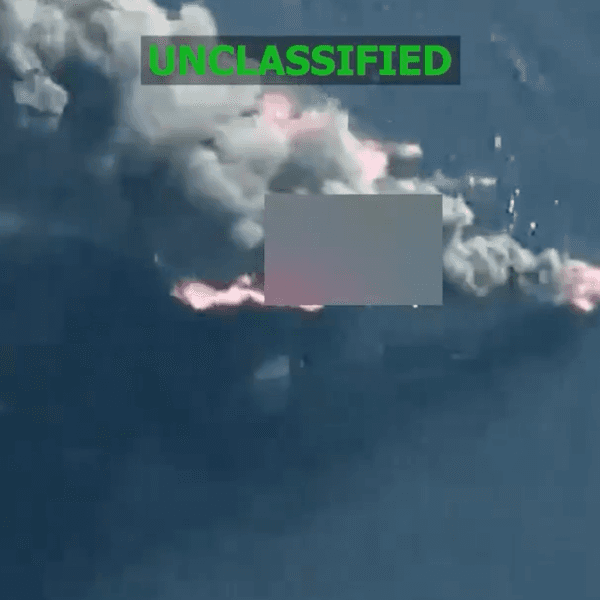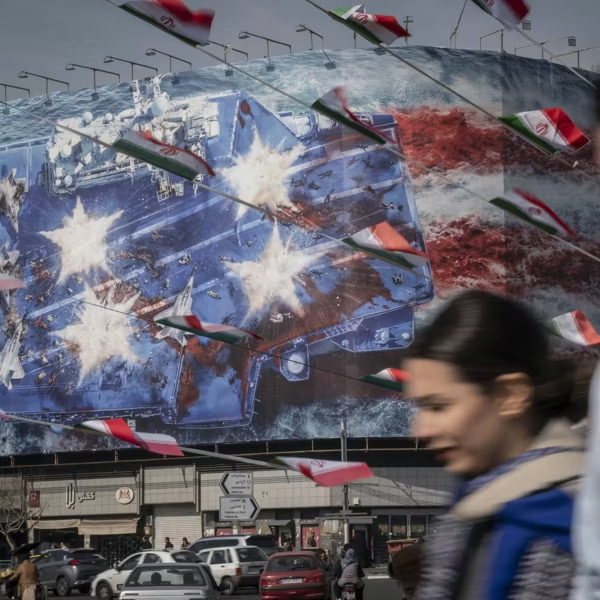Nothing will ever be the same, we're told, after the cataclysmic terrorism of 911. Yet some things seem unchanged in the media -- such as the pundit clamor for retaliation against someone, somewhere, fast.
As a talk radio host in New York put it: "Bomb somebody, goddamnit!"
We've been here before, almost exactly three years ago. In the wake of terror bombings of two U.S. embassies in Africa, President Clinton was urged to take decisive action, and on August 20, 1998, he ordered missile attacks on two targets purportedly linked to Osama bin Laden, the accused mastermind of the bombings.
One target of operation "Infinite Reac" was bin Laden's paramilitary camp in Afghanistan. "The U.S. picked the highly accurate cruise missile for the strikes against the Afghan camp," reported CNN's military correspondent Jamie McIntrye, "because of their ability to fly with pinpoint accuracy." One of the missiles was so inaccurate it hit the wrong country, Pakistan, several hundred miles off-course.
The other target was the Al Shifa factory in Sudan, alleged by the Clinton administration to be linked to bin Laden and to be producing chemical warfare agents. The factory was destroyed and workers there were killed and maimed.
That night, Sen. John McCain appeared on five national TV programs in less than three hours to endorse the President's action. The next day, the missile attacks were supported on the editorial pages of America's leading dailies.
But soon, Western professionals who had worked at the Sudan plant began to speak credibly of the plant being just what the Sudanese government claimed it was: a civilian factory producing a major share of the pharmaceuticals for an impoverished country.
Western journalists who rushed to the scene of the U.S. missile attack found medicine, but no security features that one would expect at a military or weapons facility. Sudan's government offered journalists unfettered access to the area.
The U.S. government said that it had obtained a suspicious soil sample from near the plant nine months before the cruise attack. But as New York Times reporter James Risen noted in an exhaustive study a year after the Sudan factory had been leveled, "officials throughout the government raised doubts up to the eve of the attack about whether the United States had sufficient information linking the factory to either chemical weapons or to Mr. bin Laden."
Risen reported that intelligence analysts in the State Department were drafting an internal report saying the cruise attack on the Sudan factory had not been justified, but the report was killed by higher ups.
What's not in dispute is that Sudan government officials forced Osama bin Laden to leave their country in 1996. Or that the Al Shifa factory had been purchased by a Sudanese businessman five months before the missile attack -- a fact that was unknown to the U.S. at the time it targeted the plant.
Three years after the U.S. government may have killed and injured innocent people on foreign soil in a misguided "retaliation against terrorism," media voices are again calling for a quick and forceful reprisal.
Outrage is the natural and appropriate response to the mass murder of September 11. But media should not be glibly encouraging retaliatory violence without remembering that U.S. retaliation has killed innocent civilians abroad, violated international law and done little to make us safer.



